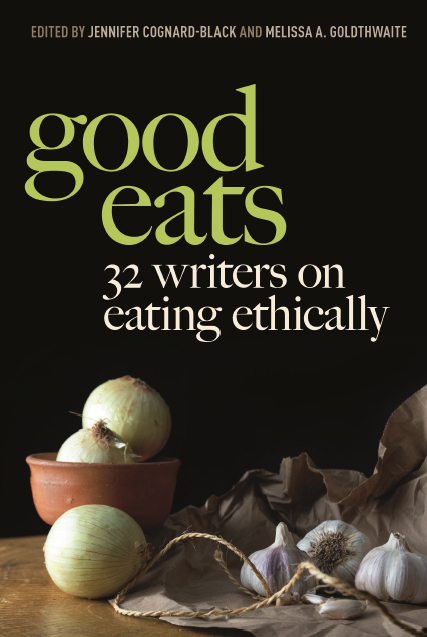Professor of English | Director of National Fellowships and Awards
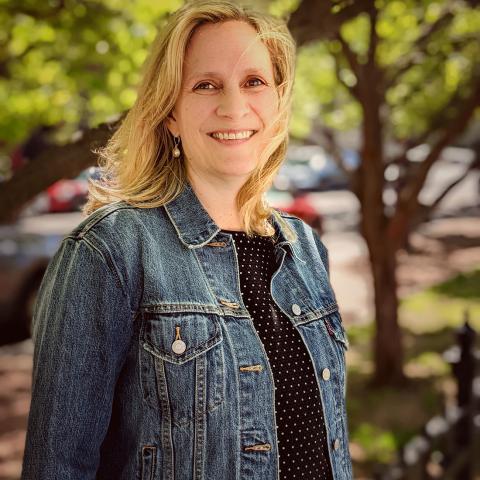
Biography
Jennifer Cognard-Black, Professor of English, teaches courses in the literatures of food, Victorian literature and culture, women writers and feminist literary theory, fiction writing, Victorian monsters and modern monstrosity, and the essay. A Fulbright Scholar recipient to Slovenia and the Netherlands as well as the recipient of the Robert Foster Cherry Award for Great Teaching (2020), considered the "Nobel Prize for Teachers," Cognard-Black’s books include Narrative in the Professional Age (Routledge 2004); Kindred Hands (Iowa UP 2006); Advancing Rhetoric (Kendall/Hunt 2006); Books that Cook: The Making of Literary Meal (NYUP 2014); From Curlers to Chainsaws: Women and Their Machines (MSUP 2016), which won the gold prize from the Independent Publisher Book Awards, and Good Eats: 32 Writers on Eating Ethically (NYUP 2024). Cognard-Black has also produced two lecture series with The Great Courses, Becoming a Great Essayist (2016) and Great American Short Stories (2019), as well as a series of lectures on food and fiction for Audible.com, Books that Cook: Food & Fiction (2021). Yet Cognard-Black’s interests also encompass images of women in popular culture (she is a contributor to Ms. Magazine and is a member of the Ms. Committee of Scholars); Shakespeare in performance (she offers a summer study tour to Stratford-upon-Avon, England); writing theory and practice; and Victorian visuality. In addition, Cognard-Black also publishes short fiction under the pseudonym J. Annie MacLeod, and her work has appeared in many journals, including Story Magazine, Versal, Another Chicago Magazine, So to Speak, and The Magazine of Fantasy and Science Fiction. Her newest project is another Audible Original entitled "Margaret Atwood: A Modern Myth-Maker," which will be released in 2025. For more, see: www.jennifercognard-black.com
Areas of Research Specialization
- Ninteenth-Century Women Writers and Feminist Literary Theory
- Fiction and Essay Writing
- The Literatures of Food
- Victorian Literature and Culture
- Victorian Monsters and Modern Monstrosity
Areas of Teaching Specialization
- Nineteenth-Century Literature and Visual Culture
- Women Writers and Feminist Theory
- Fiction Writing, Creative Nonfiction Writing, Food Writing, and Honors Composition
- The Literatures of Food and Food Studies
External Affiliations
Education
-
B.A. in English at Nebraska Wesleyan University, 1991
-
M.A. in Creative Writing: Fiction and The Essay at Iowa State University, 1994
-
Ph.D. in Nineteenth-Century Anglo-American Women Writers and Feminist Literary Theory at The Ohio State University, 2000
Awards
- Robert Foster Cherry Award for Great Teaching, 2020
The Robert Foster Cherry Award for Great Teaching, awarded biannually from Baylor University, is considered an “American version of the Nobel Prize” for teachers.
- Maryland State Arts Council Independent Artist Award, 2021
- Senior Fulbright Scholar to the University of Amsterdam, 2020
- Mid-Atlantic Arts Foundation Creative Fellowship, 2018
- Fulbright Scholar to the University of Ljubljana, 2012
Spotlight
- Narrative in the Professional Age
Narrative in the Professional Age by Jennifer Cognard-Black
New York and London: Routledge, 2004
Routledge Link: https://www.routledge.com/Narrative-in-the-Professional-Age-Transatlant…
Challenging previous studies that claim anxiety and antagonism between transatlantic Victorian authors, Jennifer Cognard-Black uncovers a model of reciprocal influence among three of the most popular women writers of the era. Combining analyses of personal correspondence and print culture with close readings of key narratives, this study presents an original history of transatlantic authorship that examines how these writers invented a collaborative aesthetics both within and against the dominant discourse of professionalism.
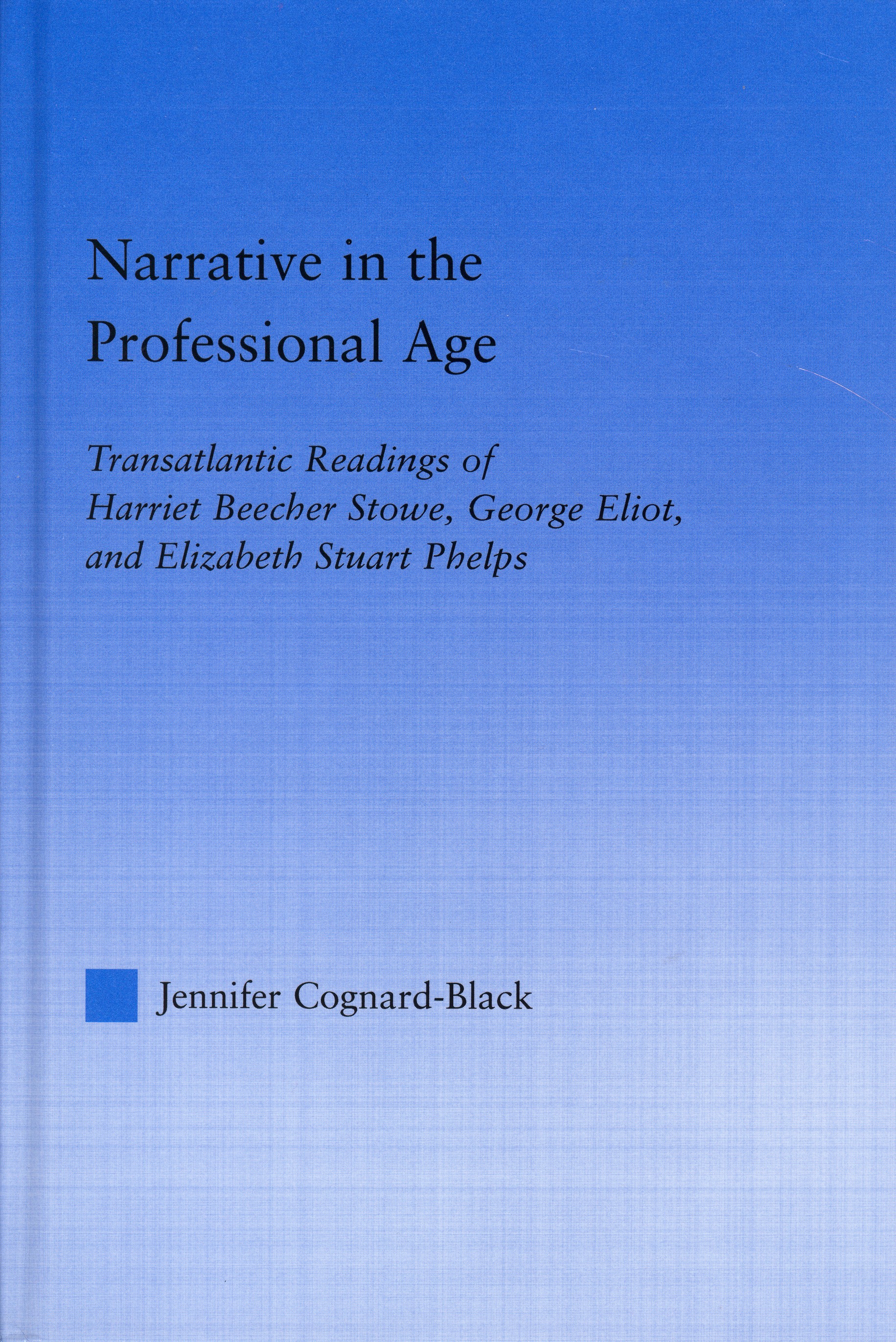
- Kindred Hands: Letters on Writing by British and American Women Authors, 2006
Kindred Hands: Letters on Writing by British and American Women Authors, 1865-1935, edited by Jennifer Cognard-Black and Elizabeth MacLeod Walls
Iowa University Press, 2006
Iowa UP link: http://www.uiowapress.org/books/2006-spring/kinhan.htm
Kindred Hands, a collection of previously unpublished letters by women writers, explores the act and art of writing from diverse perspectives and experiences. The letters illuminate such issues as authorship, aesthetics, collaboration, inspiration, and authorial intent. By focusing on letters that deal with authorship, the editors reveal a multiplicity of perspectives on female authorship that would otherwise require visits to archives and special collections. Representing some of the most important female writers of the nineteenth and early twentieth centuries, including transatlantic correspondents, women of color, canonical writers, regional writers, and women living in the British empire, Kindred Hands will enliven scholarship on a host of topics, including reception theory, feminist studies, social history, composition theory, modernism, and nineteenth-century studies. Moreover, because it represents previously unpublished primary sources, the collection will initiate new discussions on race, class, sexuality, ethnicity, and gender with an eye to writing at the turn of the twentieth century.
“In Kindred Hands Jennifer Cognard-Black and Elizabeth MacLeod Walls have compiled an extraordinarily useful and lively collection of letters by major British and American literary women from Harriet Beecher Stowe to Jessie Redmon Fauset. Energetic, imaginative, analytic, and keenly committed to their art, all these authors muse on the muse—and often with vivid candor on their own experiences of art and life—in writings that will be fascinating not only to the professional scholar but also to what Virginia Woolf called ‘the common reader.’” —Sandra M. Gilbert, co-editor, The Norton Anthology of Literature by Women
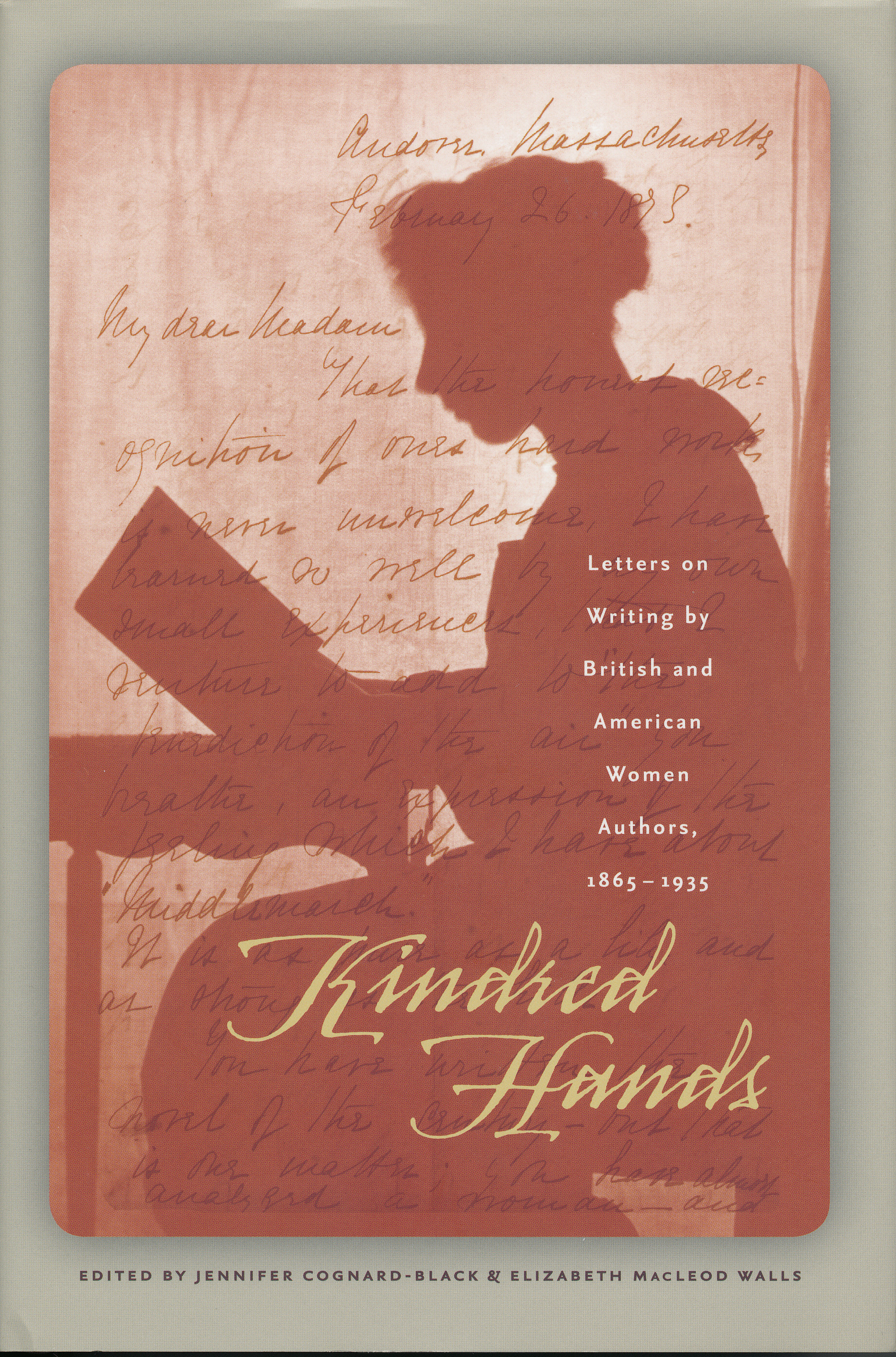
- Advancing Rhetoric: Critical Thinking & Writing for the Advanced Student, 2006
Advancing Rhetoric: Critical Thinking & Writing for the Advanced Student by Jennifer Cognard-Black and Anne Cognard
Kendall Hunt, 2006
Kendall Hunt link: http://www.kendallhunt.com/advancing-rhetoric/
Co-authored by an honors English professor and an award-winning high-school AP teacher, Advancing Rhetoric: Critical Thinking and Writing for the Advanced Student, by Dr. Jennifer Cognard-Black and Dr. Anne M. Cognard, is a composition textbook geared for high-ability learners in both college-level honors and advanced high-school classes, such as Advanced Placement (AP) classes in both Language and Literature. Advancing Rhetoric offers an innovative and challenging pedagogy for writing and critical thinking that motivates high-ability students to invent new forms and to choose writing tasks depending on the subject matter, audience, and rhetorical context of the writing. This book also recognizes the specific need of AP teachers, including lessons to expand Advancing Rhetoric into year-long AP classes and offering resources for assisting students with the national AP exams.
“Advancing Rhetoric: Critical Thinking and Writing for the Advanced Student draws on classical rhetoric, contemporary research in rhetoric and writing, and the authors’ considerable teaching expertise to provide a challenging, thought-provoking—and compelling—learning experience for students. This is a text that instructors teaching advanced or honors composition courses will want to check out.” —Lisa Ede, Oregon State University
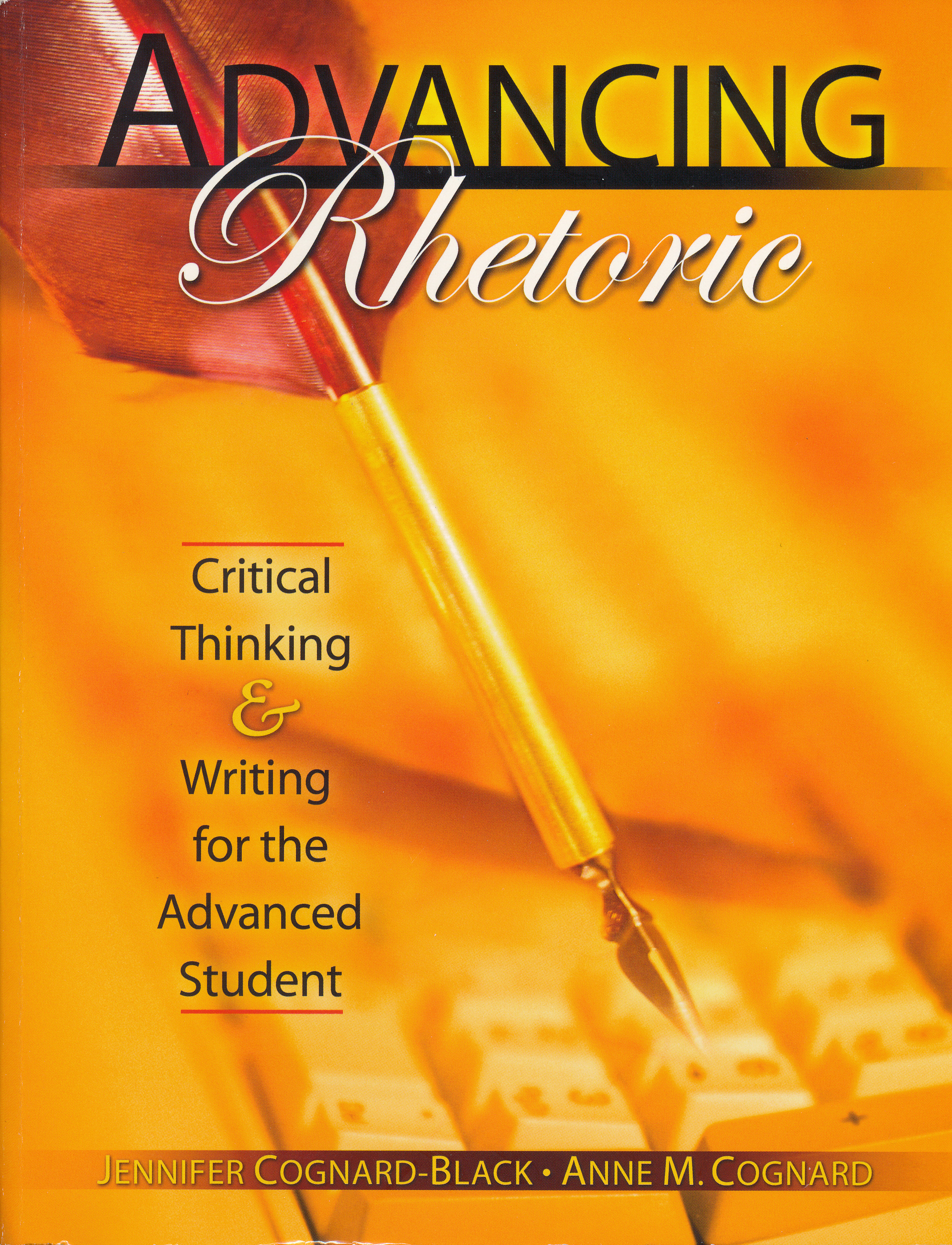
- Books That Cook: The Making of a Literary Meal
Books that Cook: The Making of a Literary Meal, edited by Jennifer Cognard-Black and Melissa A. Goldthwaite, with a foreword by Marion Nestle
New York University Press, 2014
NYUP link: http://nyupress.org/books/book-details.aspx?bookid=12230#.U0MVG61dVn-
Whether a five-star chef or beginning home cook, any gourmand knows that recipes are far more than a set of instructions on how to make a dish. They are culture-keepers as well as culture-makers, both recording memories and fostering new ones. Organized like a cookbook, Books that Cook: The Making of a Literary Meal is a collection of American literature written on the theme of food: from an invocation to a final toast, from starters to desserts. All food literatures are indebted to the form and purpose of cookbooks, and each section begins with an excerpt from an influential American cookbook, progressing chronologically from the late 1700s through the present day, including such favorites as American Cookery, the Joy of Cooking, and Mastering the Art of French Cooking. The literary works within each section are an extension of these cookbooks, while the cookbook excerpts in turn become pieces of literature—forms of storytelling and memory-making all their own. Each section offers a delectable assortment of poetry, prose, and essays, and the selections all include at least one tempting recipe to entice readers to cook this book. Including writing from such notables as Maya Angelou, James Beard, Alice B. Toklas, Sherman Alexie, Nora Ephron, M.F.K. Fisher, and Alice Waters, among many others, Books that Cook reveals the range of ways authors incorporate recipes—whether the recipe flavors the story or the story serves to add spice to the recipe. Books that Cook is a collection to serve students and teachers of food studies as well as any epicure who enjoys a good meal alongside a good book.
“With much to be savored, this collection shows the ways that poetry, prose, and fiction can act just as cookbooks do—moving their readers to bake, to roast, to sear and sauté.” —Daniel J. Philippon, University of Minnesota
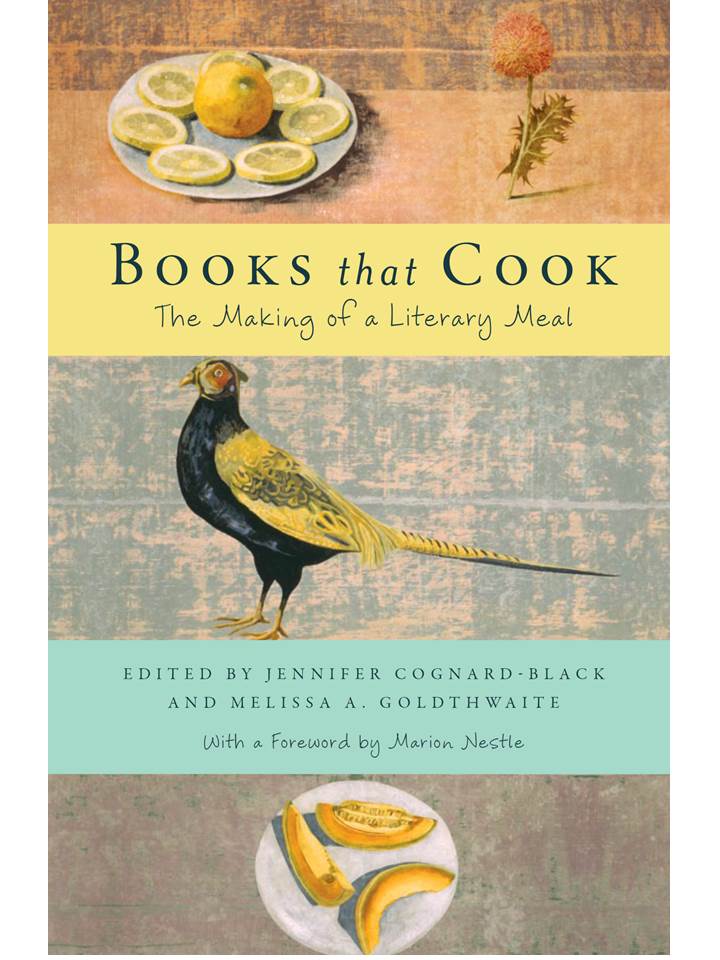
- From Curlers to Chainsaws: Women and Their Machines
From Curlers to Chainsaws: Women and Their Machines, edited by Joyce Dyer, Jennifer Cognard-Black, & Elizabeth MacLeod Walls
Michigan State University Press, 2016
MSUP Link: https://msupress.org/9781611861907/from-curlers-to-chainsaws/
The twenty-three distinguished writers included in From Curlers to Chainsaws: Women and Their Machines invite machines into their lives and onto the page. In every room and landscape these writers occupy, gadgets that both stir and stymie may be found: a Singer sewing machine, a stove, a gun, a vibrator, a prosthetic limb, a tractor, a Dodge Dart, a microphone, a smartphone, a stapler, a No. 1 pencil and, of course, a curling iron and a chainsaw. From Curlers to Chainsaws is a groundbreaking collection of lyrical and illuminating essays about the serious, silly, seductive, and sometimes sorrowful relationships between women and their machines. This collection explores in depth objects we sometimes take for granted, focusing not only on their functions but also on their powers to inform identity. For each writer, the device moves beyond the functional to become a symbolic extension of the writer’s own mind—altering and deepening each woman’s concept of herself.
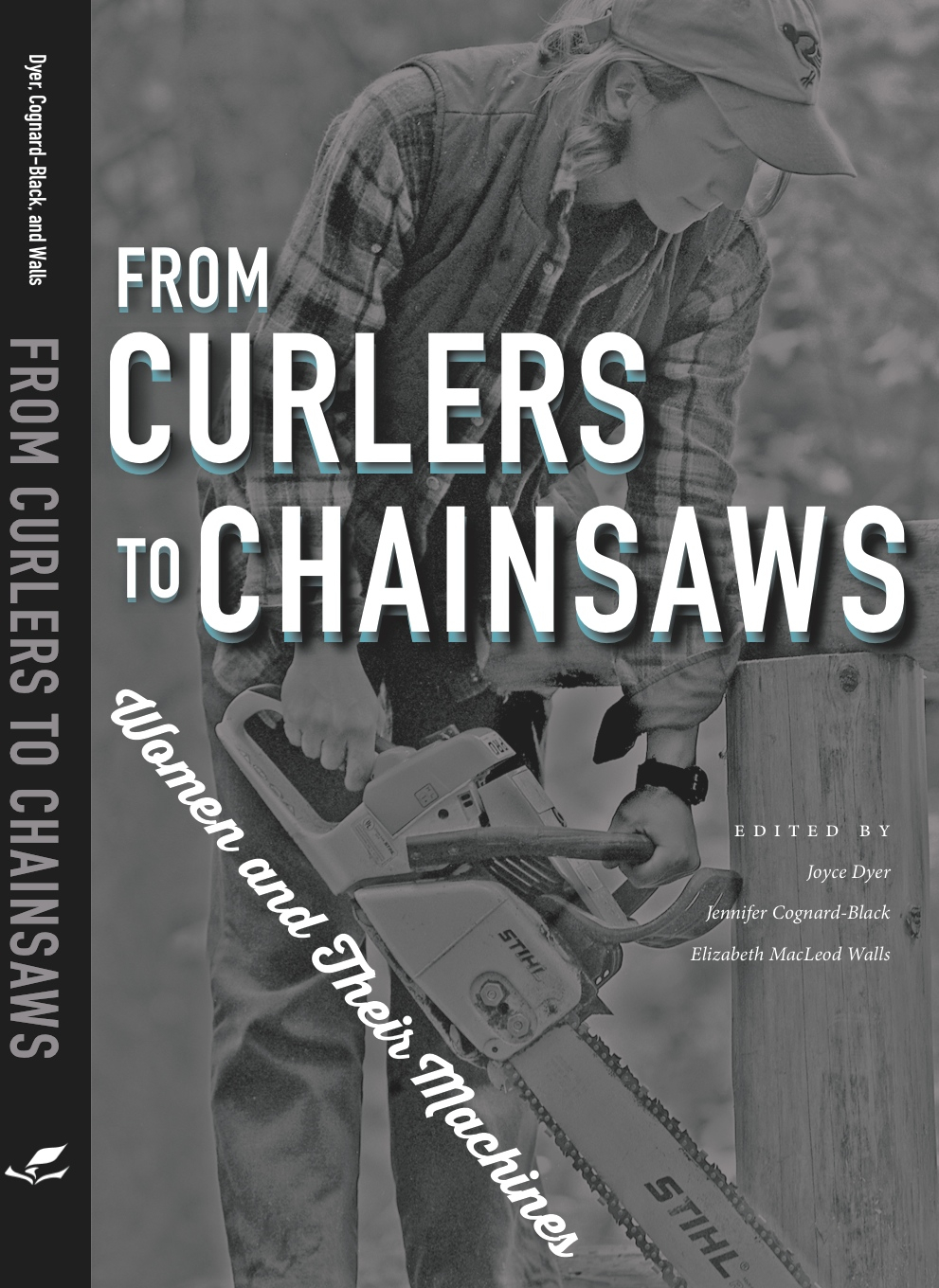
- The Great Courses: Becoming a Great Essayist
Becoming a Great Essayist
The Great Courses, 2016
Link: https://www.thegreatcourses.com/courses/becoming-a-great-essayist
If you have a clever anecdote, an interesting memory, a new way to explain how something works, or an opinion on a social or political issue, then you have an essay in you. Unlike a novel, history book, or scientific publication, essays provide you with the versatility to express all the various facets that make you you. As Professor Cognard-Black makes clear in this 24-lecture series with The Great Courses, the concise and direct nature of an essay means that you may tap into your sense of wit, share your individual point of view, persuade others to your perspective, and record a part of your memories for future generations in as many distinct essay forms as you wish. The first step in your journey with Professor Cognard-Black is to redefine what the essay means. For many, the word “essay” brings flashbacks of the schoolroom. Whether you were the kind of student who couldn’t wait to get started or one who faced each writing assignment with a feeling of dread, this course will change how you think about and write the essay.
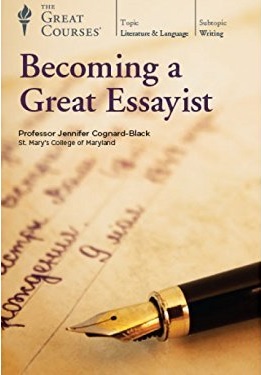
- Great American Short Stories: A Guide For Writers and Readers
Great American Short Stories: A Guide for Writers and Readers
The Great Courses, 2019
Link: https://www.thegreatcourses.com/courses/great-american-short-stories-a-…
Whether you want to write short stories, simply want better insight as a reader, or even if you are looking for a new lens through which to view American history, the 24 rich and informative lectures of Great American Short Stories: A Guide for Writers and Readers will show you the ins and outs of this infinitely adaptable—and intrinsically American—literary form. Professor Jennifer Cognard-Black guides you through the technical aspects of the short story, while also digging deep into the history of the form in the United States. Along the way, you will discover why the short story became so deeply connected to American identity and how it continues to evolve alongside the nation itself.
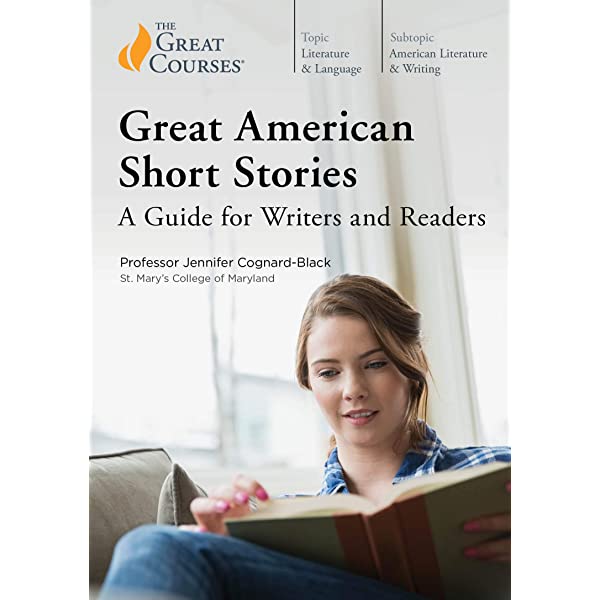
- Books that Cook: Food & Fiction
Books that Cook: Food & Fiction, an Audible Original
Audible.com, 2021
Like stories, food can connect us to other people and their experiences in remarkable ways. Much of our lives revolve around the meals we eat, and our culinary senses of taste and smell are potent triggers of the past. This strong, sensory connection between eating and evocation can be used in fiction to conjure a host of emotions in the audience.
In the 10 lectures of Books That Cook: Food & Fiction, Professor Jennifer Cognard-Black takes you on a culinary tour of fiction, from Proust’s evocative madeleine and the voracious hunger of fairy tales to the intersection of recipes with storytelling and the emotional consumption of food on film. These lessons look at how food can be so much more than mere set dressing in a great story. With Professor Cognard-Black as your guide, you will sample some tasty tales, sink your teeth into novels featuring cooks and chefs, enjoy food fairy tales, become a culinary tourist, and learn how food can serve up social justice, create visual feasts, and even change how we think.
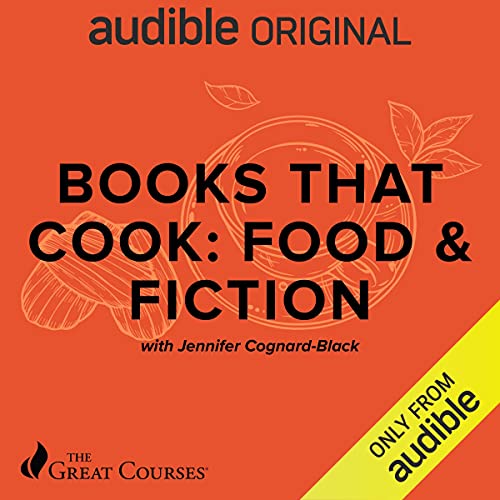
- Good Eats: 32 Writers on Eating Ethically
Good Eats: 32 Writers on Eating Ethically, edited by Jennifer Cognard-Black and Melissa Goldthwaite
New York University Press, 2024
In an age of mass factory farming, processed and pre-packaged meals, and unprecedented food waste, how does one eat ethically? Featuring a highly diverse ensemble of award-winning writers, chefs, farmers, activists, educators, and journalists, Good Eats invites readers to think about what it means to eat according to individual and collective values. These essays are not lectures about what you should eat, nor an advertisement for the latest diet. Instead, the contributors tell stories of real people—real bellies, real bodies—including the writers themselves, who seek to understand the experiences, cultures, histories, and systems that have shaped their eating and their ethics. Good Eats will encourage you to become more mindful of what and how you eat—and to consider the larger systems and cultures that shape that eating. These essays turn mundane meals into remarkable symbols of how we live, encouraging each of us to find food that is both sustaining and sustainable.
